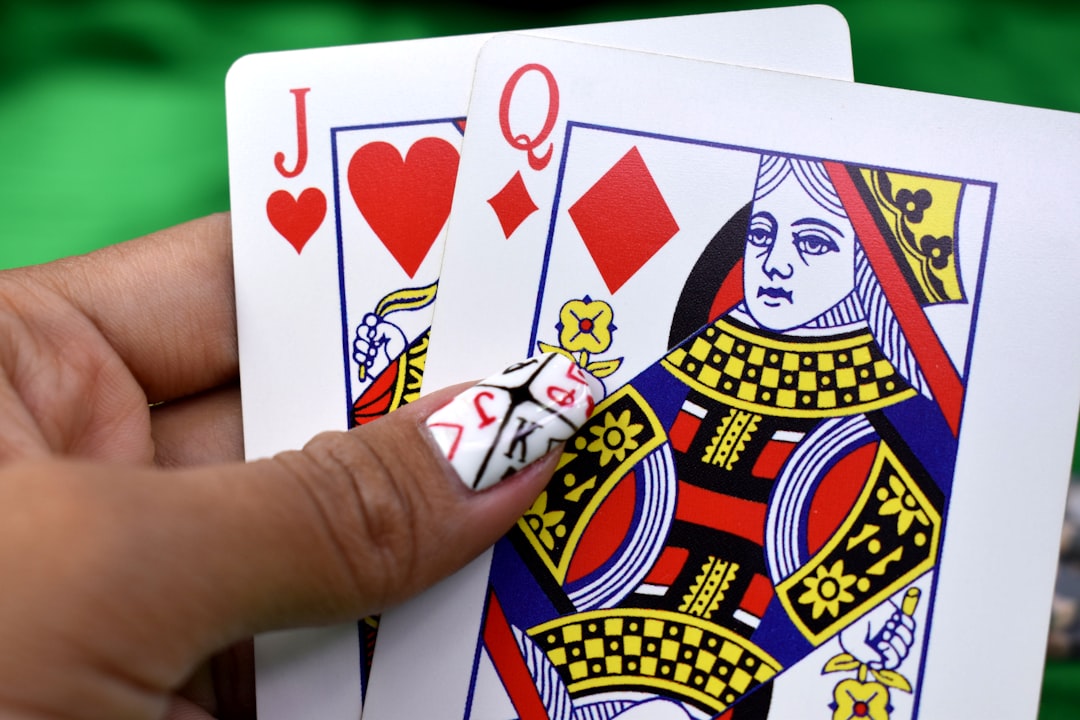In the world of *Magic: The Gathering*, Competitive Elder Dragon Highlander, or *CEDH*, stands as the pinnacle of high-stakes, hyper-optimized deck play. While casual Commander may emphasize creativity and thematic expression, CEDH is about speed, consistency, and disruption, demanding an in-depth understanding of card interactions, metagame shifts, and optimal list construction. For aspiring competitive players and seasoned veterans alike, having access to a trusted and comprehensive *CEDH decklist database* can make all the difference. It’s not just about copying powerful decks; it’s about researching, comparing, and analyzing — fast.
Why a CEDH Database Matters
The *CEDH meta* evolves rapidly. New cards, rule changes, or innovations in strategy can significantly alter what constitutes a “top-tier” deck. Without a central resource, players would be left to sift through scattered Reddit threads, Discord conversations, or lengthy YouTube videos to keep up. That’s where a dedicated CEDH database comes in — functioning as a living, breathing ledger of the most refined decklists curated by respected players within the community.
By using such a database, players can find:
- Optimized deck archetypes that are battle-tested in tournaments and online leagues.
- Commander rankings based on power levels and meta relevance.
- Breakdown of win conditions and disruption packages.
- Regular meta updates that reflect the ever-shifting competitive scene.

Features of a Robust CEDH Decklist Database
Not all CEDH databases are created equal. The best resources offer more than just a simple collection of 99+1 card lists. They provide high-level analytics, validation from top players, and robust user interface features that allow users to sort, search, and compare thousands of decks efficiently.
Key features include:
- Filter by Commander, Color Identity, or Archetype: Players can narrow down their search to Turbo Ad Nauseam decks, Stax strategies, or Midrange Control styles.
- Detailed Card Analysis: Clickable cards with explanations on their inclusion and purpose, plus synergy notes and alternative picks.
- Win Rate and Tournament Performance: View how a deck has performed in different metas, including tournament top cuts and online league wins.
- Community Notes and Change Logs: See updates on particular decklists, including changes made due to new sets or meta shifts.
Some databases even link to video tutorials, optimization guides, and offer Discord support for deeper collaboration with other competitive players.
Top Sources for Competitive EDH Decklists
Players looking for top-tier decklists typically gravitate to a few well-known databases maintained by the CEDH community. Here are some noteworthy platforms:
- CEDH Decklist Database (cedhdb.com or similar sites): This is perhaps the most well-known and frequently updated resource. Decks are grouped by archetype and commander, with detailed performance notes.
- MTG Nexus and Moxfield: These platforms host thousands of user-submitted decks. Filtering tools help isolate only the competitive builds.
- CEDH Guide and Discords: Some communities maintain shared spreadsheets of decklists, complete with links to gameplay videos and theorycrafting discussions.
Speed is critical. When new sets drop, or bans get announced, many top players immediately update their lists, and these platforms reflect such changes within hours or days — giving everyone a competitive edge.

Identifying Top-Tier Decks Quickly
On a functional level, using a CEDH decklist database allows players to quickly parse and identify what decks are currently dominating or seeing high-level play. Most searches can be narrowed using several parameters such as:
- Win Condition – For example, Oracle Consult vs Underworld Breach lines.
- Commander Use – Which commanders are surging in popularity and why.
- Deck Speed and Interaction Level – Fast combo vs Controlling Grind strategies.
These insights can also help players prepare for tournaments, choose the right tech cards for their pods, and better understand the strategies they’ll face.
The Evolution of Database-Driven Meta Shaping
One of the less-discussed aspects of centralized CEDH databases is how they influence the metagame themselves. When a particular deck sees success and is posted widely, other players begin to prepare for it, causing flux and innovation. A good database doesn’t just reflect the meta — it helps create it. This dynamic ecosystem thrives when players both use and contribute back to databases by sharing their modifications and results.
Moreover, decklists are often accompanied by primer articles — longform explanations of how to pilot the deck, mulligan decisions, and even how to “meta-break” your build with tech choices. These deepen understanding and elevate player skill, making the database both an archive and a classroom.
CEDH and Speed: Quick Access = Competitive Edge
Time is of the essence in CEDH matches, and that urgency extends to preparation as well. Good CEDH databases are optimized for mobile browsing, bookmarking, and exporting to platforms like Moxfield or Cockatrice simulators. Players can go from research to deck tuning to actual practice games in a matter of minutes.
This efficient access has changed how preparation looks for major events. Whether you’re on a train headed to a weekend tournament or theorycrafting during lunch break, a well-maintained decklist database ensures you’re never behind the meta curve.
Conclusion
For competitive Magic players invested in the Commander format, a CEDH decklist database is not just a convenience; it is a necessity. It speeds up deck discovery, enables access to powerful synergies, and supports constant improvement through data-driven decision-making. In a format where timing and optimization are everything, finding the right list at the right time can be the key to your next tournament victory. So, whether you’re refining your combo lines or picking the perfect commander for your next event, start with the database — it’s your secret weapon.
Frequently Asked Questions (FAQ)
- What is CEDH?
- CEDH stands for Competitive Elder Dragon Highlander. It’s a high-powered version of Commander in Magic: The Gathering that focuses on optimized strategies, fast combos, and disruption-heavy gameplay.
- Are all Commander decks CEDH decks?
- No. While all CEDH decks are technically Commander decks, not all Commander decks are optimized for competitive play. CEDH decks follow strict power-level expectations and are built to win as efficiently as possible.
- Where can I find a reliable CEDH decklist database?
- Popular options include cedh.guide, cedhdecklistdb.com, and curated categories on Moxfield or MTG Nexus. Trusted community Discords also maintain updated deck hubs.
- How often do decklists in the database change?
- This depends on new card releases, ban lists, and tournament results. Top-tier lists are often updated within a few days of relevant changes to the metagame.
- Can I submit my own deck to a CEDH database?
- Yes, most community-run databases allow for submissions. However, submissions are usually reviewed for viability, optimization, and performance before being added as “top-tier” decks.




